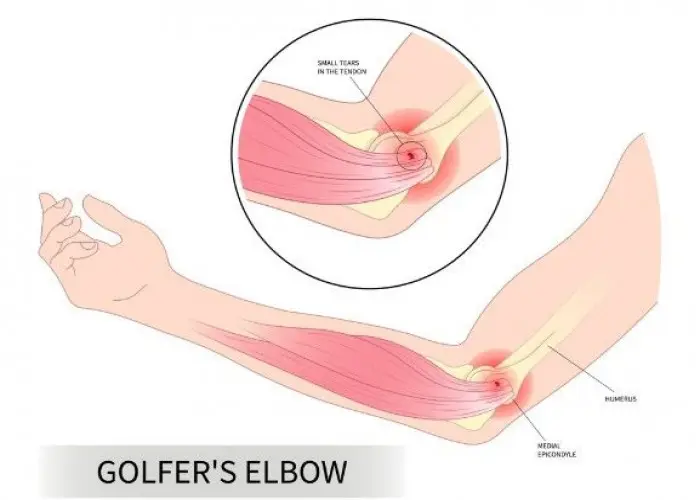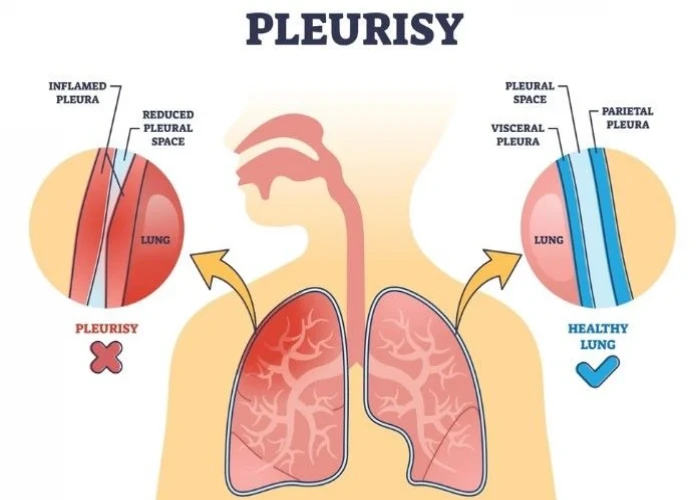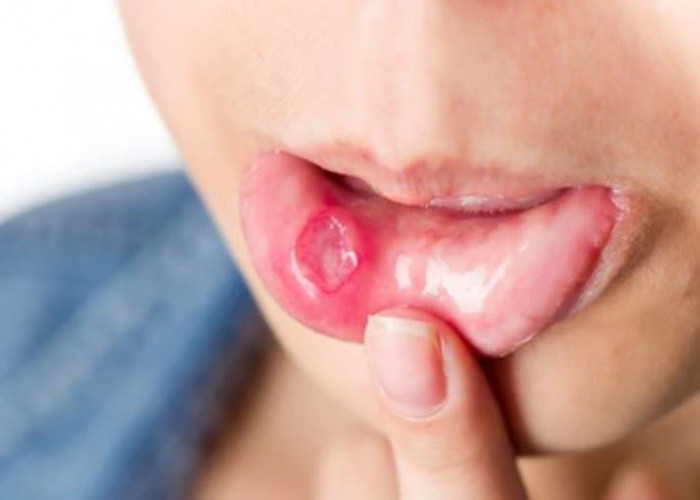 Welcome
Welcome
“May all be happy, may all be healed, may all be at peace and may no one ever suffer."
Canker sore

A canker sore, also known as an aphthous ulcer, is a small, painful sore that develops on the inside of the mouth, including the tongue, gums, and cheeks. Canker sores are usually round or oval in shape and can be white or yellow in color with a red border. The exact cause of canker sores is not well understood, but they are thought to be related to a variety of factors, including injury to the mouth, stress, hormonal changes, certain foods, and vitamin deficiencies. Canker sores are not contagious and usually heal on their own within a week or two. Treatment may include over-the-counter pain relief medications, topical anesthetics or corticosteroids to reduce pain and inflammation, and avoiding certain foods that may irritate the sores. In some cases, a doctor may prescribe a mouth rinse or ointment to promote healing.
Research Papers
Disease Signs and Symptoms
- Mouth sores
- Fever
- Usually round with defined borders, but may have irregular edges when very large
- It May take up to six weeks to heal and can leave extensive scarring
- Often occur in clusters of 10 to 100 sores, but may merge into one large ulcer
- You might notice a tingling or burning sensation a day or two before the sores actually appear.
Disease Causes
Canker sore
The precise cause of canker sores remains unclear, though researchers suspect that a combination of factors contributes to outbreaks, even in the same person.
Possible triggers for canker sores include:
- A minor injury to your mouth from dental work, overzealous brushing, sports mishaps or an accidental cheek bite
- Toothpastes and mouth rinses containing sodium lauryl sulfate
- Food sensitivities, particularly to chocolate, coffee, strawberries, eggs, nuts, cheese, and spicy or acidic foods
- A diet lacking in vitamin B-12, zinc, folate (folic acid) or iron
- An allergic response to certain bacteria in your mouth
- Helicobacter pylori, the same bacteria that cause peptic ulcers
- Hormonal shifts during menstruation
- Emotional stress
Canker sores may also occur because of certain conditions and diseases, such as:
- Celiac disease, a serious intestinal disorder caused by a sensitivity to gluten, a protein found in most grains
- Inflammatory bowel diseases, such as Crohn's disease and ulcerative colitis
- Behcet's disease, a rare disorder that causes inflammation throughout the body, including the mouth
- A faulty immune system that attacks healthy cells in your mouth instead of pathogens, such as viruses and bacteria
- HIV/AIDS, which suppresses the immune system
Unlike cold sores, canker sores are not associated with herpes virus infections.
Disease Prevents
Disease Treatments
Treatment usually isn't necessary for minor canker sores, which tend to clear on their own in a week or two. But large, persistent or unusually painful sores often need medical care. A number of treatment options exist.
Mouth rinses
If you have several canker sores, your doctor may prescribe a mouth rinse containing the steroid dexamethasone (dek-suh-METH-uh-sown) to reduce pain and inflammation or lidocaine to reduce pain.
Topical products
Over-the-counter and prescription products (pastes, creams, gels or liquids) may help relieve pain and speed healing if applied to individual sores as soon as they appear. Some products have active ingredients, such as:
- Benzocaine (Anbesol, Kank-A, Orabase, Zilactin-B)
- Fluocinonide (Lidex, Vanos)
- Hydrogen peroxide (Orajel Antiseptic Mouth Sore Rinse, Peroxyl)
There are many other topical products for canker sores, including those without active ingredients. Ask your doctor or dentist for advice on which may work best for you.
Oral medications
Oral medications may be used when canker sores are severe or do not respond to topical treatments. These may include:
- Medications not intended specifically for canker sore treatment, such as the intestinal ulcer treatment sucralfate (Carafate) used as a coating agent and colchicine, which is normally used to treat gout.
- Oral steroid medications when severe canker sores don't respond to other treatments. But because of serious side effects, they're usually a last resort.
Cautery of sores
During cautery, an instrument or chemical substance is used to burn, sear or destroy tissue.
- Debacterol is a topical solution designed to treat canker sores and gum problems. By chemically cauterizing canker sores, this medication may reduce healing time to about a week.
- Silver nitrate — another option for chemical cautery of canker sores — hasn't been shown to speed healing, but it may help relieve canker sore pain.
Nutritional supplements
Your doctor may prescribe a nutritional supplement if you consume low amounts of important nutrients, such as folate (folic acid), vitamin B-6, vitamin B-12 or zinc.
Related health problems
If your canker sores relate to a more serious health problem, your doctor will treat the underlying condition.
Disease Diagnoses
Disease Allopathic Generics
Disease Ayurvedic Generics
Disease Homeopathic Generics
Disease yoga
Canker sore and Learn More about Diseases

Golfer's elbow

Systemic mastocytosis

Pleurisy

Viral gastroenteritis (stomach flu)

Hiatal hernia

Irregular Menstruation

Gastroesophageal reflux disease (GERD)

Hyperglycemia in diabetes
Canker sore, Ulcer aphthous, Mouth sores, ক্যানকার সোর
To be happy, beautiful, healthy, wealthy, hale and long-lived stay with DM3S.
